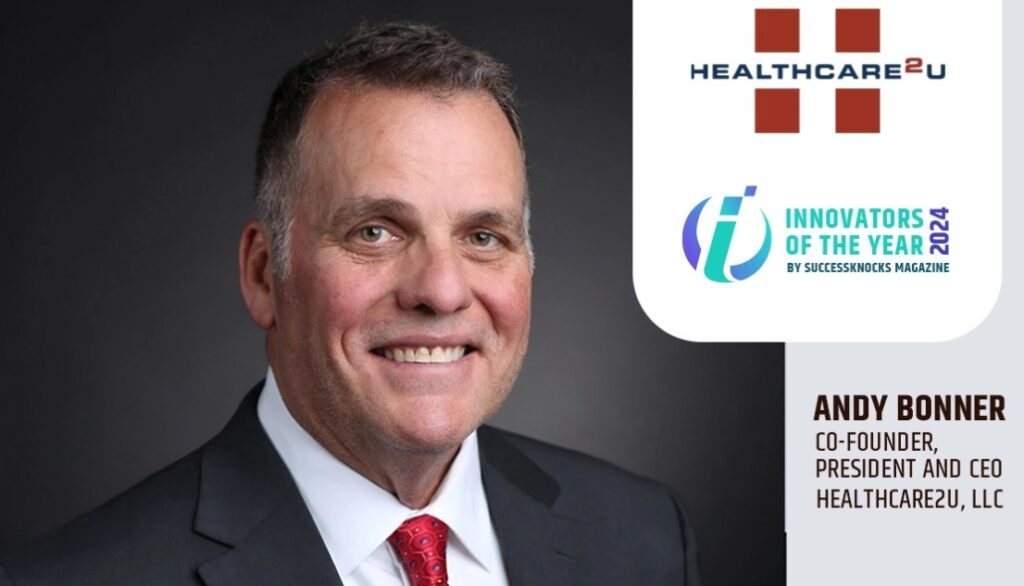Women are beloved for their generous nature, ability to multitask, and selfless care for others. Pouring yourself out to help others can be extremely rewarding, but it can also be taxing emotionally and physically, leading to caregiver burnout. Two out of every three women in the U.S. are caregivers to children, adults, or people with chronic illnesses or disabilities. Women who are caregivers have a greater risk for poor physical and mental health, including depression and anxiety.
It’s known that providing care (informally or as a paid provider) for spouses, partners, children, other family members, friends, or neighbors can take a toll on one’s mental and physical wellbeing. Add in a global pandemic, and you have a recipe for even more stress. Studies show a whopping 40 to 70 percent of family caregivers have clinically significant symptoms of depression. About a quarter to half of these caregivers have symptoms that fall into the category of major depression.
Signs of Caregiver Stress
Women are much more likely than men to report physical symptoms of stress, including headaches and upset stomachs. Women also tend to have more mental health conditions exacerbated by stress, such as depression or anxiety.
Caregiver burnout shows up in several ways. Some of the signs of caregiver stress include:
- Making repeated mistakes or trouble focusing
- Feeling overwhelmed
- Feeling alone, isolated, or deserted by others
- Sleeping too much or too little
- Gaining or losing a lot of weight
- Feeling tired most of the time
- Losing interest in activities you used to enjoy
- Becoming irritated or angered easily
- Feeling worried or sad often
- Having headaches or body aches often
- Smoking or alcohol dependency to cope
If you or someone you know are experiencing any of these warning signs, it may be time to take action.
Effects of Stress on Women
While men and women both experience weaker immune systems, insomnia, migraines, and other harmful effects of stress, there are some ways that stress affects women more profoundly.
- Women are more likely than men to have anxiety, depression, PTSD, panic disorder, or obsessive-compulsive disorder.
- Chronic stress can lead to irritable bowel syndrome (IBS), a condition twice as common in women as in men.
- The link between stress and weight gain or obesity is stronger for women than for men.
- Women with higher levels of stress are more likely to have infertility problems than women with lower levels of stress.
- Women with chronic stress or past abuse may have more severe premenstrual syndrome (PMS) symptoms or irregular periods.
Caring for the Caregiver
By taking the necessary steps to relieve caregiver stress, you can prevent long-term health problems. Also, taking better care of yourself empowers you to care for loved ones without feeling burnt out and frustrated.
Self-Care Tips for Caregivers:
- Find caregiving resources in your community.
- Take deep breaths, stretch, or meditate.
- Join a support group for caregivers.
- Drink lots of water and eat healthily.
- Exercise regularly.
- Get plenty of sleep.
- Avoid excessive alcohol and substance use.
Self-Care is Important
It’s noble to help loved ones and community members navigate a crisis as a caregiver. But as you spend yourself supporting others, it’s also vital to support and care for yourself. To maintain your well-being and to continue reaping the rewards of taking care of loved ones, it’s essential to take time for yourself. Remember to maintain meaningful relationships with family and friends. And don’t forget the golden rule of primary medical care: see your doctor for regular checkups and never ignore warning symptoms in your body.







